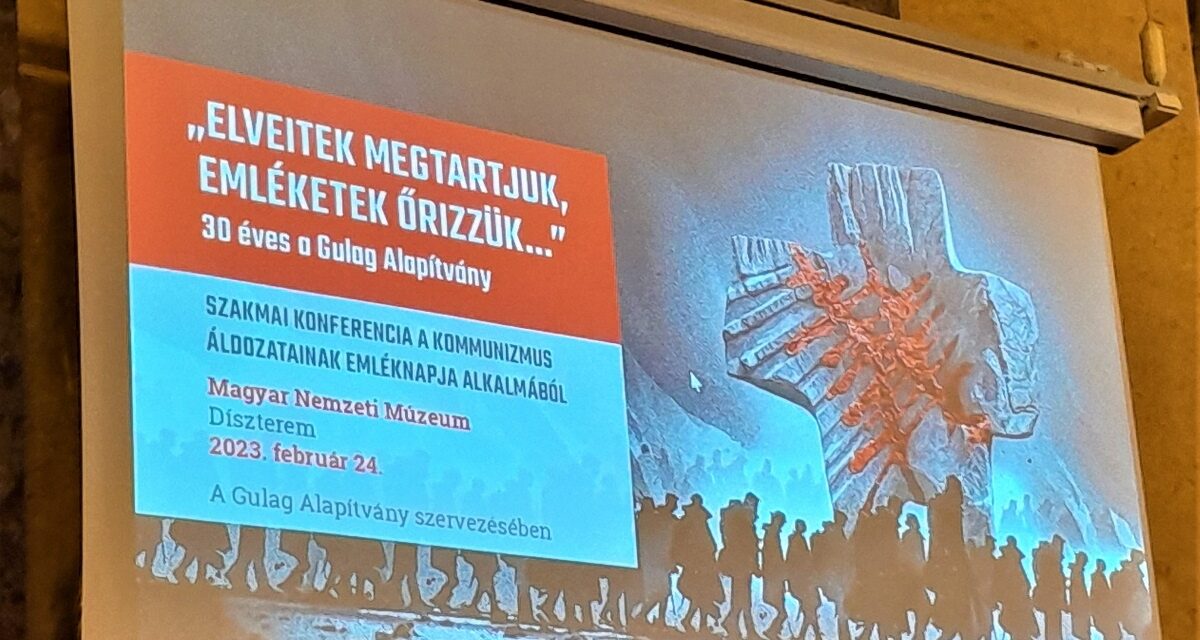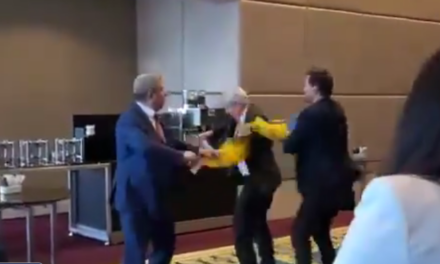On the occasion of the Memorial Day of the Victims of Communism, the Foundation for Perpetuating the Memory of Those Perished in the Gulags held a conference in the hall of the Hungarian National Museum.
Ten years of unjust slavery and 37 years of silence - this is how Jolán Pintér, the president of the Gulag Foundation, summed up the fate of those who survived the inhumane work and conditions among the hundreds of thousands of Hungarians who were innocently dragged to the Soviet Union. Those who were hit by communism for the second time at home, because their fate was to be ignored and discriminated against all their lives.
The Hungarian National Museum has considered it its task up until now, and will continue to do so in the future, to present the era of the dictatorship to the students using its own tools - promised the director general L. Simon László. Just as it is important in the early stages of personality development to tell our children stories in which the hero fights against evil and evil, it is equally important that they receive values and the truth later on. In this connection, he referred to the war raging next door and to the fact that for us the Hungarian interest is the first thing that overrides everything.
The fate of Transcarpathian Hungarians must be discussed in every international forum, but the past must not be rewritten or smeared, and in relation to the gulag, it must not be forgotten that it was the work of the Soviet Union.
After an introductory lecture covering the whole of the dictatorship, the conference reviewed the 30 years of the Gulag Foundation. Dávid Kiss, a VERITAS scientific associate, explained the history of the familiarization of the gulag concept in Hungary and the genesis of the Gulág Foundation from the first publication of Szolzsenyicin's famous book in 1973 by János Rózsás, also in the West, in 1973.
After the presentations, the call for tenders of the National Remembrance Committee and the Gulág Foundation was presented, which also appeals to student youth.
The conference ended with a round table discussion and the screening of Zoltán Szalkai's film: Walking on Gulag Land.
Source, full article and featured image: Judit Ccervenka/Felvidék.ma













